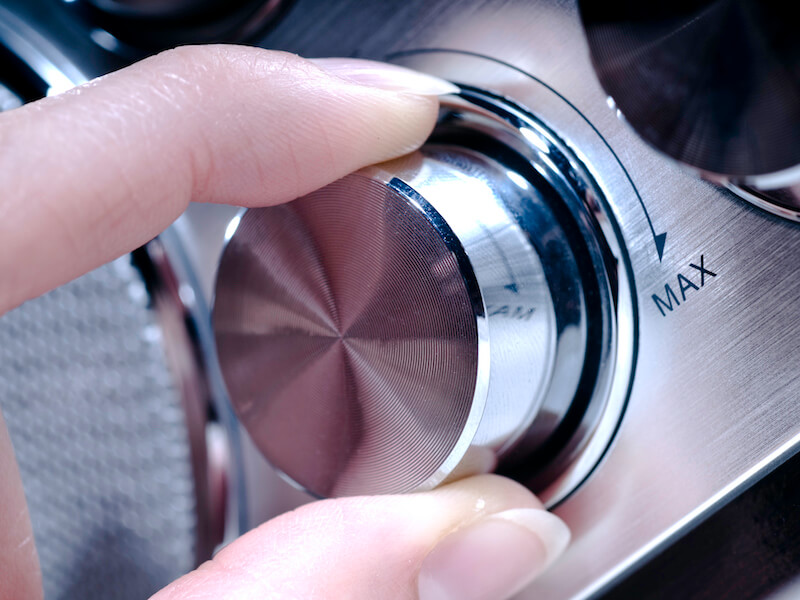
Knowing when you need some medical advice is usually fairly easy. You know you need to go see a doctor right away if you break your leg, for example. You could need a splint or a cast or supportive device, but the thing is that you’re not likely to try “toughing it out”. If you want your bones to mend correctly, you need to get them treated as soon as possible.
It isn’t always that obvious in terms of hearing aids, though. Hearing loss usually advances very slowly over time. This means knowing when to get treatment for hearing loss can be difficult.
That’s why it’s a good idea to watch out for some specific signposts that you may be losing your ability to communicate. It’s probably time to call us for a consultation if you do detect any.
Hearing loss and hearing aids
Hearing loss is primarily treated with hearing aids. But that doesn’t mean everybody who has hearing loss will immediately need a set of hearing aids. In situations where patients have very slight hearing loss, hearing aids won’t always be practical. We may want you to hold off on using hearing aids because of this. It’s also possible that we could advise you to only use your hearing aids when you’re in certain situations.
This means that just because you are diagnosed with hearing loss doesn’t mean you will automatically require hearing aids.
But in many instances hearing aids will be the best answer. Many individuals won’t have their hearing loss diagnosed until it becomes more serious because hearing loss advances slowly and frequently goes unnoticed for a while. But if you come in to see us regularly, you might be able to catch your hearing loss early, and, because of this, you may not need hearing aids right away.
So how will you know if you have hearing loss?
You need hearing aids if you recognize these signs
Hearing loss is one of those conditions that can create immediate communication obstacles. The interesting thing, though, is that you don’t always comprehend that those communication difficulties are the result of hearing loss. So, at what point will a hearing aid help?
Here are some of the typical signs you should look out for:
- You have trouble understanding what people are saying: Many people don’t think they have hearing loss or need hearing aids because the overall volume they hear seems fine. But the thing about hearing loss is that particular frequencies of sound usually go before others. Which means that the vast majority of sounds could seem ordinary but things in the high frequencies (such as particular vowels) will be distorted. This could cause you to have a difficult time making out what people are saying.
- You’re unable to understand people on the phone: Voices usually sound a bit flat on even high-quality phone speakers. If you have hearing loss, this can make it even more difficult to understand conversations. It can be very difficult to hear voices as an outcome of the loss of these frequencies.
- You listen to the radio or TV at high volumes: Hearing loss could be the culprit if you continuously need to crank the volume of your devices up. This is especially true if you keep turning that volume knob higher (and even more especially relevant if the people around you complain about how loud your media is).
- When you’re in noisy settings, you have a tough time following conversations: When people ask, “What are the signs of hearing loss?”, this one is almost always mentioned. If you have a hard time hearing conversations in noisy places, that’s often a sure sign that you have hearing loss. That’s because your brain has trouble filling in the missing information that you lose when you have hearing impairment. A lot of conversations get muffled because of this.
So how should you deal with it?
When you break a bone, it’s obvious what to do: you go to the doctor! But what do you do when you start to detect the symptoms of hearing loss? How bad does hearing loss have to be to require a hearing aid? That’s not a very easy answer but you should make an appointment with us for a hearing exam if you begin to notice any hearing loss symptoms. We will be able to inform you about how serious your hearing loss is.
And if you do end up needing hearing aids, a hearing assessment will help identify the best device for your hearing needs. This means you’ll be able to get back to communicating with your friends and family, you’ll understand your grandkids when they call you on the phone, your co-workers at your morning meeting, and your friends at the pub.
Call us for a hearing exam so we can help you improve your quality of life.